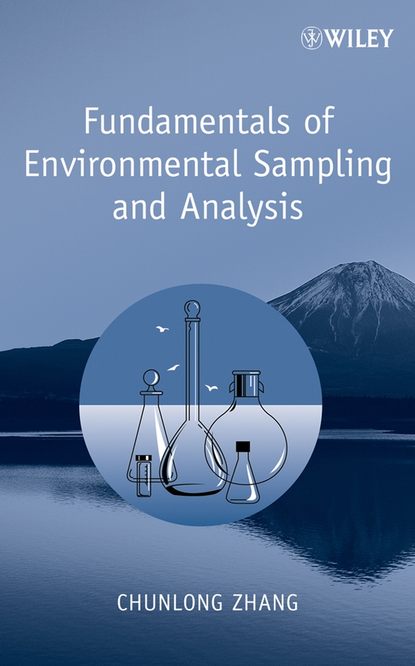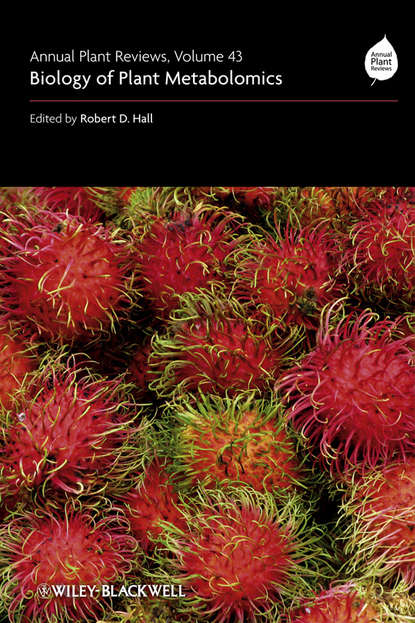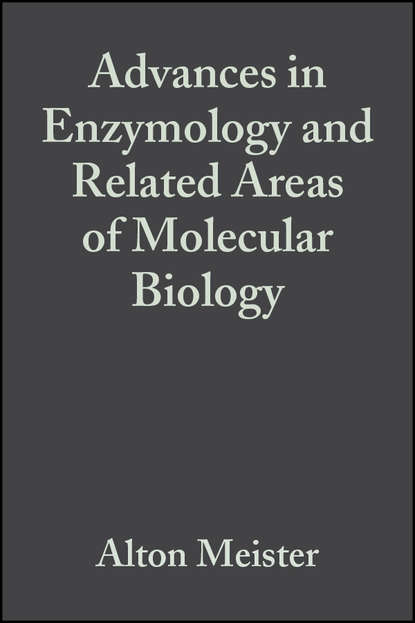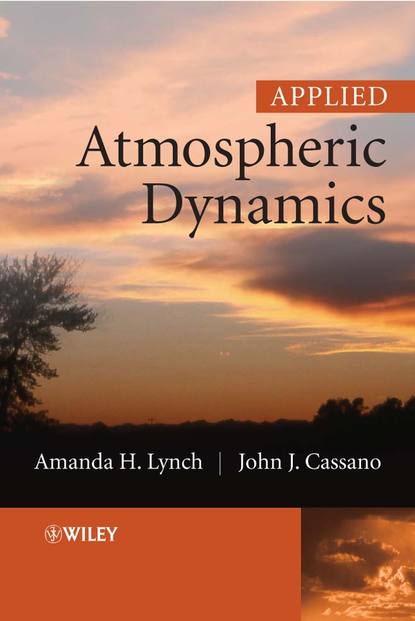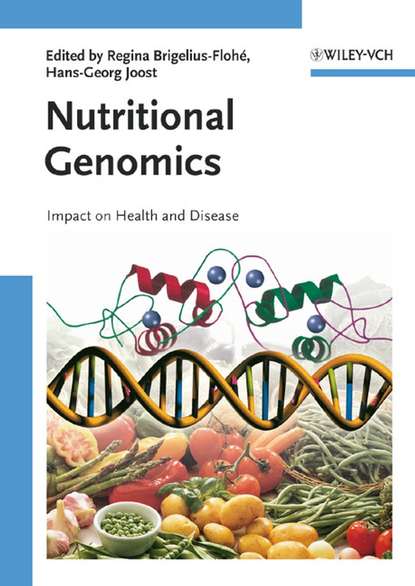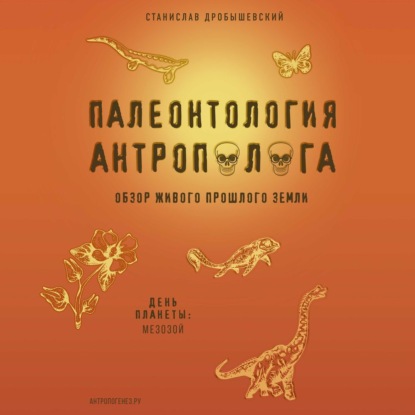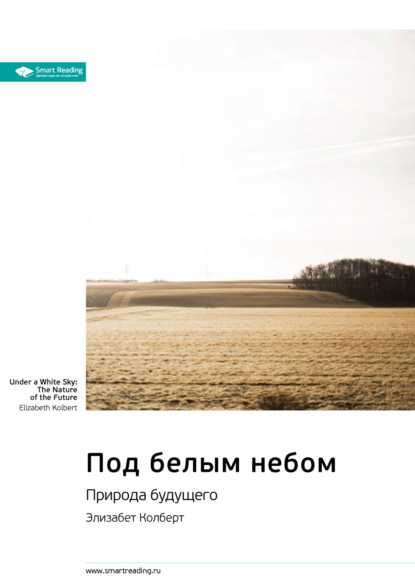Эта книга представляет собой комплексный подход к пониманию принципов отбора проб, химического анализа и инструментальных методов. В ней рассматривается общая система и объясняется, почему используются различные методологии в отборе и анализе проб окружающей среды. Понимание лежащих в основе теорий и принципов позволяет специалистам по окружающей среде выбирать и адаптировать подходящие протоколы отбора проб и анализа для конкретных загрязнителей, а также для конкретных прикладных задач. Охватывая как полевой отбор проб, так и лабораторный анализ, книга включает в себя: обзор базовых аналитической и органической химии, статистики, гидрогеологии и экологических нормативов, относящихся к отбору проб и анализу; общий обзор основ проектирования отбора проб окружающей среды, методов отбора проб и контроля качества, необходимых для получения качественных данных об окружающей среде; подробное обсуждение теорий абсорбционной спектроскопии для качественного и количественного анализа окружающей среды; анализа металлов с использованием различных методов атомной абсорбции и эмиссии; а также инструментальных принципов распространенных хроматографических и электрохимических методов. Книга также включает в себя введение в передовые аналитические методы, в том числе различные гибридные масс-спектрометрии и ЯМР-спектроскопию. Реальные примеры иллюстрируют принципы, а вопросы и задачи в конце каждой главы закрепляют понимание. Это практическое пособие для специалистов-практиков и отличный учебник для студентов старших курсов и аспирантов в области экологии и инженерии окружающей среды.
An integrated approach to the principles of sample collection, chemical digestion, instrumental techniques; this reference book is unique, offering a comprehensive overview of why certain methodologies are adopted in environmental samples collection and chemical instruments analysis. Environmental experts gain a strong grasp on fundamentals of theory and principles underpinning sampling and experimental protocols, tailored to specific cases having to do with pollutants, as well as project requirements. Integrating both in-situ and in laboratory technological processes and instrumental analyses, this comprehensive resource explores both the analytical background and organic chemistry as well as hydrological issues and environmental legislation relevant to this subspecialty. Among the highlights are a review of QA/QC quality assumptions, an overview of environmental sample selection design and techniques, as well a variety of instrumental techniques predominantly chromatographical and electrochemical approaches. In addition, this text includes reviews of advanced techniques like hyphenated spectroscopies and nuclear magnetic resonances. Real world case histories illustrate the concepts, with problem and question boxes at the conclusion of every chapter helping to reinforce the level of awareness. This is an invaluable reference tool for experts in the field, as well as a pertinent textbook for undergrads and postgrads in environment sceneries and engineering specialising in this area.
Электронная Книга «Fundamentals of Environmental Sampling and Analysis» написана автором Группа авторов в году.
Минимальный возраст читателя: 0
Язык: Английский
ISBN: 9780470120675
Описание книги от Группа авторов
An integrated approach to understanding the principles of sampling, chemical analysis, and instrumentation This unique reference focuses on the overall framework and why various methodologies are used in environmental sampling and analysis. An understanding of the underlying theories and principles empowers environmental professionals to select and adapt the proper sampling and analytical protocols for specific contaminants as well as for specific project applications. Covering both field sampling and laboratory analysis, Fundamentals of Environmental Sampling and Analysis includes: A review of the basic analytical and organic chemistry, statistics, hydrogeology, and environmental regulations relevant to sampling and analysis An overview of the fundamentals of environmental sampling design, sampling techniques, and quality assurance/quality control (QA/QC) essential to acquire quality environmental data A detailed discussion of: the theories of absorption spectroscopy for qualitative and quantitative environmental analysis; metal analysis using various atomic absorption and emission spectrometric methods; and the instrumental principles of common chromatographic and electrochemical methods An introduction to advanced analytical techniques, including various hyphenated mass spectrometries and nuclear magnetic resonance spectroscopy With real-life case studies that illustrate the principles plus problems and questions at the end of each chapter to solidify understanding, this is a practical, hands-on reference for practitioners and a great textbook for upper-level undergraduates and graduate students in environmental science and engineering.
